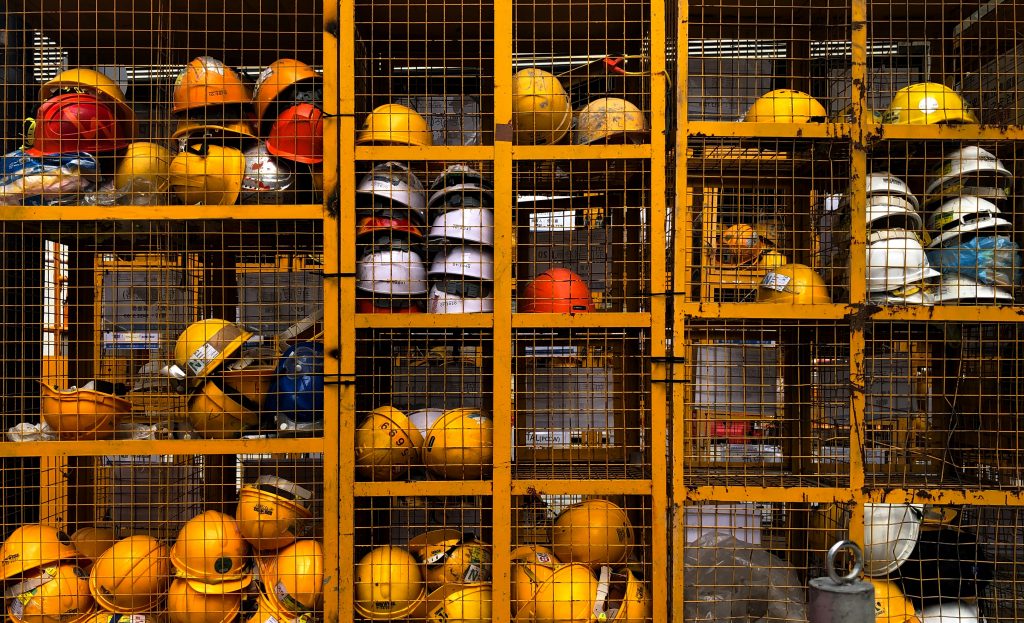This is what decisions makers need to consider in order to make AI and new technology a force for good at work.
Use AI to rehumanise time
AI could make work more intellectually stimulating by automating routine tasks. Handing over the monotonous jobs to robots will free up employees’ time and let them focus on more fulfilling duties.
Computer programmes don’t care about working unsociable hours and can be set up to run at times to suit market needs. By using AI to cover these graveyard shifts you can afford to give your human employees more flexibility in their working hours.

Thanks to computing power a full day in an office in 1970 can now be completed in 1.5 hours. As technology progresses, further time will be saved which could free up more time for leisure and help you help your employees install a better work-life balance.
A means to make workplaces safer
Health and safety is paramount in the workplace. Taking on new technologies could make the work environment even more secure by automating the dangerous tasks such as detecting and defusing explosives or handling heavy loads.
AI isn’t completely error free, but humans get tired and need rest breaks. Using automation to step in for human hands could significantly take the pressure off employees and reduce the likelihood of accidents.

Robots can also do the tasks that you can’t ask humans to do, allowing your business to push the boundaries without compromising employee safety. For example, the current renaissance in space exploration is being enabled by AI-enabled robotic systems that allow machines to carry out tasks too dangerous for even the most qualified astronaut..
Let humans do what they do best
Although we like to think of algorithms and robots as humanoid machines, we’re still a long way off from replacing people altogether. Computers are great at dealing with data and analytics, but humans have the edge in term of soft skills.
In the future a radiologist may not need to study hundreds of X-rays and MRIs scans, but they will still be important. The machine will only be able to provide the analyses, it’s the radiologist that needs to make the final decision, communicate it, and take the patient through a human-to-human conversation.

Employers and education systems should now be encouraging employees to develop these soft skills such as communication and empathy which will be crucial in the Future of Work.
Support people to continuously learn
Social skills will be key in stopping AI tech from becoming a job killer. Filling the millions of new roles that will arise from this new age is possible if humans are given the opportunity to reskill. At all levels of qualifications workers will need to be retrained to help them become adaptable and build skills related to emotional intelligence, communication and problem-solving.
Life-long learning will increasingly play a role in a person’s career with an emphasis on imagination and creativity, as well as developing good judgement and leadership skills. Supporting the development of these qualities is what will set your employees apart from robots.
If education systems and employers focus on these training areas, as well as the more classic STEM subjects, then machinery and humans will be able to work in harmony.



